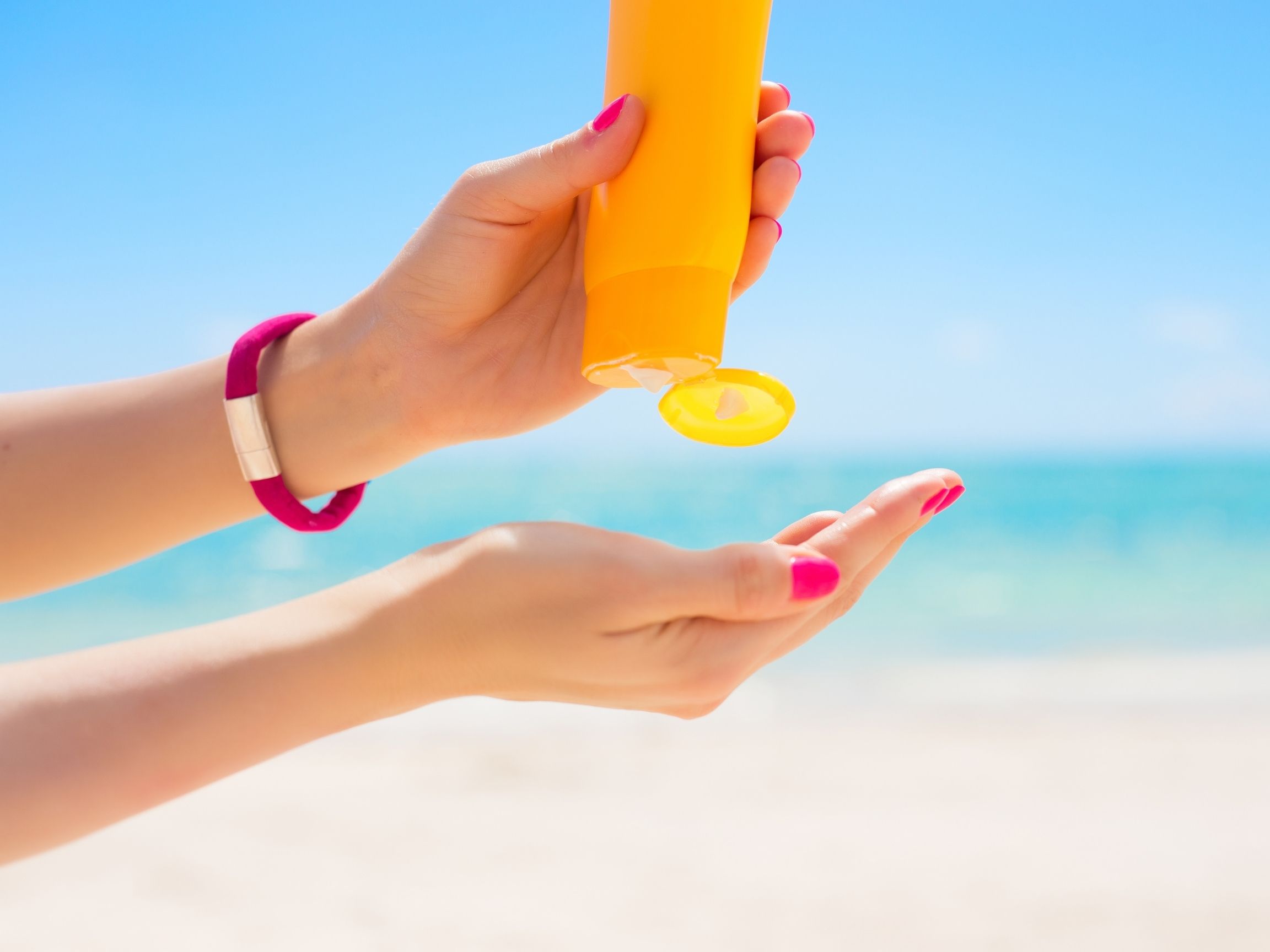Contact
Melody Curtis
Arkansas Extension Homemakers
Phone: 501-671-2012
Fax: 501-671-2323
Email: mcurtis@uada.edu
University of Arkansas System Division of Agriculture
Cooperative Extension Service
2301 S. University Avenue
Little Rock, AR 72204
Beat the Heat
Are you finding it hard to beat the heat? Do summer temperatures have you feeling blue? This heat can get anyone down. The good news is there are ways we can all stay cool this summer and help our family, friends, neighbors, and even pets do the same.
Getting overheated can have some serious side effects such as heat exhaustion and
even heat stroke. You may also feel dizzy, dehydrated, nauseous, tired, and weak.
Overexposure to the sun can cause sunburn as well. Severe sunburn can result in blisters
on the skin and flu-like symptoms such as fever, chills, headaches, nausea, and more.
How Can You Prevent Getting Overheated?
- Limit time outside to morning and evening hours only if possible. In Arkansas, and most of the U.S., this means avoiding the hours between 10:00 a.m. and 4:00 p.m.
-
When you go out, wear a lightweight, preferably ventilated, wide-brim hat and loose, lightweight clothing.
- Apply a sunscreen of at least SPF 30 thirty minutes before going outside and every hour you are out. There is no safe amount of UV (sunlight) exposure.
- Always carry water with you wherever you go. Drink a lot of water even if you don’t feel thirsty. You probably won’t feel how quickly you begin to dehydrate. Try taking a big drink every fifteen minutes.
- Rest in the shade or inside often.
- Know how sun exposure can affect certain medications. If you are unsure if or how
sun exposure may affect your medication, consult your doctor.
How Can You Help Others Prevent Themselves From Getting Overheated?
- Call or text family and friends to check on them at least twice throughout the day. This is especially important if you know anyone that works outside, has small children, has a pre-existing medical condition, or is an older adult.
- Carry extra water when you go out in case you see anyone in need.
- Never leave a person in a hot car. The temperature in a car rises very quickly and
gets much hotter than the temperature outside. Leaving a window open is not enough—temperatures
can rise 20 degrees Fahrenheit within the first 10 minutes, even with an open window.
Cars can reach internal temperatures of over 115°F within 1 hour at just 95°F degrees
outside. Cars’ dashboards, steering wheels, and seats can hit temperatures of 150°F,
130°F, and 120°F, respectively, and may pose a danger to your skin if you touch them.
How Can You Keep Pets Safe From The Heat?
- Never leave a pet in a parked car.
- Remember humidity can affect your pet greatly as humidity makes it hard for pets to regulate their body temperature.
- Limit time, intensity, and duration of exercise on hot days. Exercise your pet in the morning or evening when it is cooler if possible. Always carry water for your pet and offer it to them often.
- Provide lots of shade and water anytime your pet is outside.
- Asphalt is very hot on paws just like it is on human feet, so be sure to keep pets in the grass whenever possible.
- Remember if you are hot, they are too.
How Can You Keep Cool If You Are Unable To Cool Your Home?
- Placing cold wet rags around your neck and wrists.
- Spending the hottest part of the day somewhere cool like a friend’s house or library.
- Position fans to circulate air around you instead of having them blow hot air directly on you.
- Keep curtains and blinds closed.
- Keep doors to unused rooms closed to keep any cool air concentrated to the most used areas of the house.
- Avoid using the stove or oven.
- Drink plenty of water and eat cold treats like popsicles.
What Should You Do In Case Of A Heat-Related Emergency?
Extension Health Specialist, Dr. Bryan Mader, advises us: If you think you or someone you know is experiencing a heat-related emergency such as heat stroke or heat exhaustion, first look for common symptoms such as confusion, slurred speech, loss of consciousness, weakness, headache, and elevated body temperature. Then, you should:
- Stop activity
- Call 911 for emergency medical care and stay with the person until emergency care arrives
- If possible, move the person to a shaded or other cool area (preferably indoors) and remove unnecessary clothing
- Cool the person with cold water or ice; wet the skin, place cold cloths on skin, or soak clothing with cool water
- If possible, circulate the air around the person with a fan to speed cooling
- Provide cool liquids for the person to drink and encourage frequent sips of water
The key to enjoying a safe and healthy summer is to develop heat safety habits to keep yourself and those around you cool when it is hot out.
